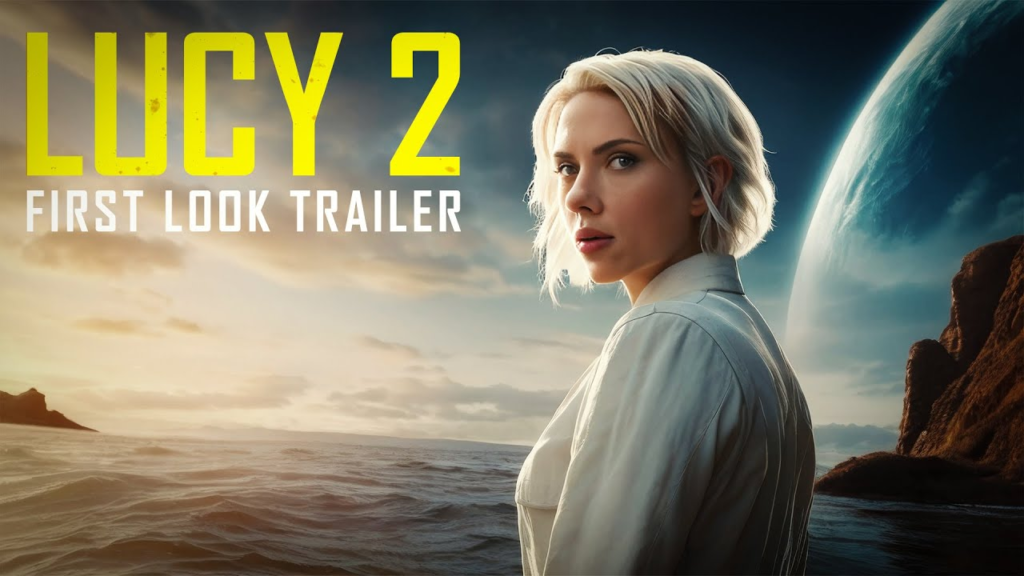The central conflict arises when a rival tech conglomerate led by the enigmatic and morally ambiguous Dr. Adrian Wolfe (Oscar Isaac) develops a neural interface capable of granting individuals temporary access to 100% of their brain capacity. This technology, known as “NeuraLink,” promises to revolutionize human existence but comes with unintended consequences: users begin experiencing fragmented memories and visions of Lucy.

Lucy, now existing as a non-corporeal entity, becomes aware of the ethical dilemmas and dangers posed by NeuraLink. Fearing humanity’s misuse of the technology, she manifests herself in limited physical form through Sarah (Florence Pugh), a brilliant neuroscientist and former protege of Dr. Wolfe. Sarah becomes Lucy’s voice, torn between her admiration for Dr. Wolfe’s vision and her growing understanding of the higher truths Lucy represents.

As tensions rise, the story escalates into a global race between Lucy and Dr. Wolfe to either guide or control humanity’s next evolutionary leap. Lucy seeks to empower humanity by fostering unity, wisdom, and responsibility, while Dr. Wolfe is driven by ambition and personal tragedy, seeking to harness ultimate power for his own ends.

The climax sees Lucy and Wolfe engaging in a battle of wits and technology, with Sarah caught in the middle as a conduit for Lucy’s influence. In a dazzling sequence of visual effects and philosophical exploration, Lucy confronts Wolfe, revealing the cost of playing god and the fragility of human ambition.
Lucy 2 ends on a profound note, with Lucy transcending further, leaving humanity with the tools to evolve but urging them to use wisdom and compassion. The film explores themes of power, responsibility, and what it truly means to be human, delivering a cerebral and visually stunning sequel.



